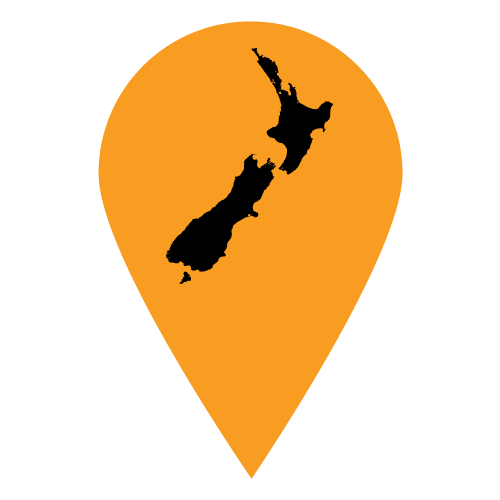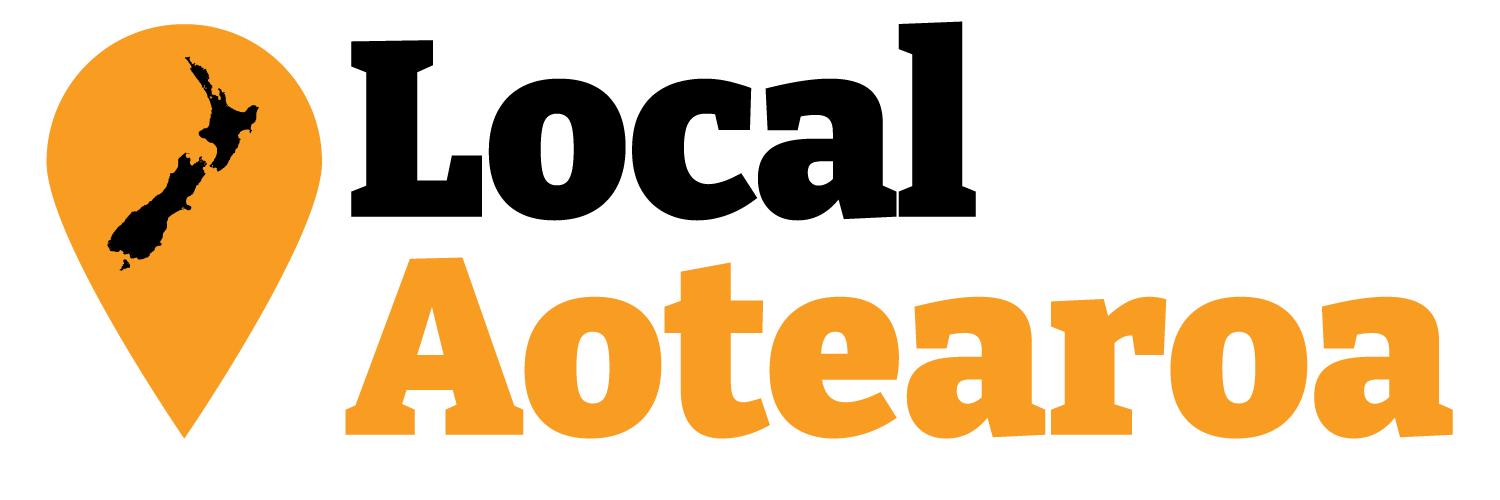Crown Observer to be appointed to Wellington City Council
An AI-generated image of a tiny city in a petri dish being examined under a microscope.
In an announcement that’s been widely expected for the past week, Local Government Minister Simeon Brown has announced his intention to appoint a Crown Observer to Wellington City Council. The council now has 10 working days to respond to both the intention to appoint an observer and the draft terms of reference, with Mayor Tory Whanau indicating that she’ll be recommending that councillors accept the appointment and “work constructively” with the observer.
The decision to appoint a Crown Observer had been widely picked by most commentators as the most likely course of action for Brown, both due to the politics of the situation and that the council didn’t appear to have yet reached the threshold for any higher level of intervention. You can see Local Aotearoa’s story from last week where I speculated that based on previous interventions in local government, some sort of investigation and review was likely to occur before there was any real risk of commissioners being installed.
While we haven’t seen the draft terms of reference yet, a Crown Observer is typically empowered under the Local Government Act to basically investigate and assist the local authority with whatever the issue it is that’s caused them to be appointed. At the end of their appointment, they report back to the minister where they’ll highlight what they’ve found during their time with the council, and make recommendations around next steps to take. These could include further interventions such as a Crown Manager or commissioners, the continuation of an observer, or wrapping up their appointment as the issues have now been resolved.
What happens next will depend on two things - how elected members conduct themselves over the course of the observer’s appointment, and whether the observer identifies any major issues that would warrant further intervention during their investigations.
Again, until we see the draft terms of reference, it’s unclear how long the observer will be appointed for. Simeon Brown’s official statement and subsequent comments to media seem to indicate that the observer may be in place for the duration of the long-term plan amendment process, which isn’t due for completion until 26 June 2025 (essentially taking the place of the annual plan consultation for what would have been year two of the current LTP).
Even if elected members do put on their best behaviour during this appointment, the big unknown is what the observer might uncover on the operational side of council. This has already been hinted at in Brown’s comments, where he’s said council wasn’t using its debt financing appropriately, with some 94 percent of its capital expenditure apparently coming from rates.
During the course of their appointment, it’s likely the observer will be investigating things such as what options and advice for funding capital expenditure were provided to elected members during the development of the LTP. No doubt they’ll also be diving deep into the quality of advice around decision making processes and delegations that were the source of much debate during the LTP adoption process and the subsequent notice of motion. Likewise, recent issues such as the exploding cost of restoring the Town Hall and the abandoned Reading Cinema deal could well be looked at.
The behaviour that’s been on display from some elected members has come in for criticism from Brown in his press release. However, speaking from personal experience having councillors walk out of meetings, refusing to participate in votes, being confused over council decisions, and making public criticism of staff is nothing new in local government.
I can recall multiple occasions during my term on Kāpiti Coast District Council where we had councillors storm out of the room when they got frustrated, where some elected members (and even occasionally staff) would goad each other, and where elected members would sledge each other and staff in meetings and the media. I remember one particular meeting where one councillor, who had breached pre-determination guidelines multiple times, got upset that their amendment to my notice of motion wasn’t accepted by me, so instead of voting either for or against it, they stormed out of the council chambers and we found them after the vote in the next room where they’d made a head start on lunch and acted like nothing had happened at all.
The only difference between us and Wellington City Council is that we barely ever had media in the room with us, let alone following the livestreams of meetings.
Ultimately though, elected members come and go, and the dynamics of the governing body of Wellington City Council will undoubtedly change come the next round of local government elections in less than 12 months’ time. Maybe it’ll be more constructive, potentially it could be more disruptive. If there are major underlying issues on the operational side of council, then that will test even the most adept councillors given the nature of council machinery and resourcing. It was those types of significant operational and fiscal issues that ultimately saw Tauranga’s underlying governance dysfunction devolve into a septic mess that led to commissioners being installed there.
The same fate need not await Wellington, but there’s some serious work involved in the weeks and months ahead to turn things around.





